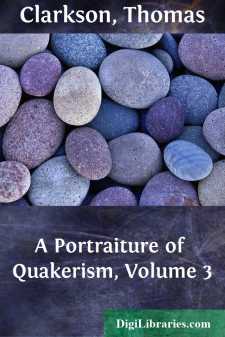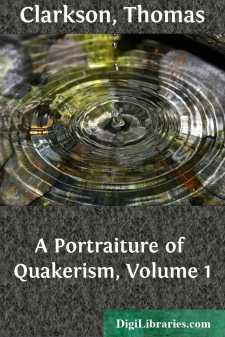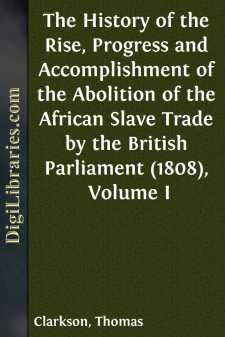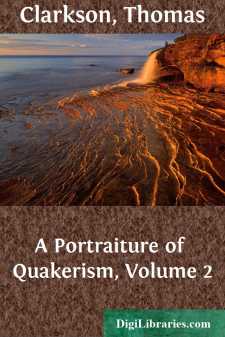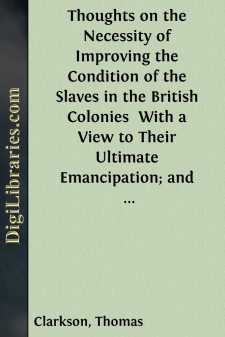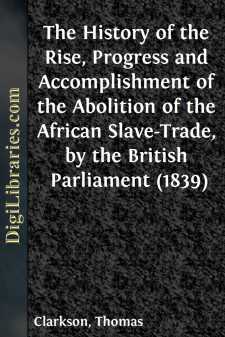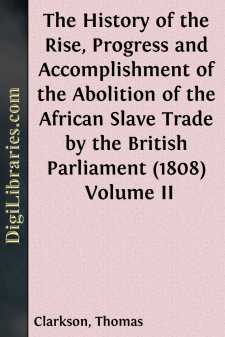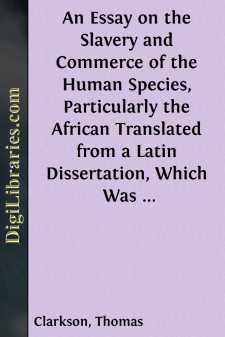Categories
- Antiques & Collectibles 13
- Architecture 36
- Art 48
- Bibles 22
- Biography & Autobiography 813
- Body, Mind & Spirit 142
- Business & Economics 28
- Children's Books 15
- Children's Fiction 12
- Computers 4
- Cooking 94
- Crafts & Hobbies 4
- Drama 346
- Education 46
- Family & Relationships 57
- Fiction 11828
- Games 19
- Gardening 17
- Health & Fitness 34
- History 1377
- House & Home 1
- Humor 147
- Juvenile Fiction 1873
- Juvenile Nonfiction 202
- Language Arts & Disciplines 88
- Law 16
- Literary Collections 686
- Literary Criticism 179
- Mathematics 13
- Medical 41
- Music 40
- Nature 179
- Non-Classifiable 1768
- Performing Arts 7
- Periodicals 1453
- Philosophy 64
- Photography 2
- Poetry 896
- Political Science 203
- Psychology 42
- Reference 154
- Religion 513
- Science 126
- Self-Help 84
- Social Science 81
- Sports & Recreation 34
- Study Aids 3
- Technology & Engineering 59
- Transportation 23
- Travel 463
- True Crime 29
A Portraiture of Quakerism, Volume 3
by: Thomas Clarkson
Categories:
Description:
Excerpt
CHAP. I.
Civil government—First tenet is, that governors have no right to interfere with the governed on the subject of Religion—and that if they interfere, and insist upon things which the conscience disapproves, the governed ought to refuse a compliance with them, and to bear patiently all the penalties annexed to such a refusal, but never to resist the governors by violence on this or any other account.
The Quakers hold four principles, which I shall distinguish by the name of Great Tenets. These are considered as arising out of the implied or positive injunctions of Christianity, and were insisted upon as essentials on the formation of the society. The first of these is on the subject of Civil Government.
Civil Government had existed long before the appearance of Christianity in the world. Legislators since that era, as they have imbibed its spirit, so they have introduced this spirit more or less into their respective codes. But, no nation has ever professed to change its system of jurisprudence, or to model it anew, in consequence of the new light which Christianity has afforded: neither have the alterations been so numerous in any nation, however high its profession of Christianity, with respect to laws, as to enable us to say, that there is any government in the known world, of Christian origin, or any government wholly upon the principles of the gospel.
If all men were to become real Christians, civil government would become less necessary. As there would be then no offences, there would be no need of magistracy or of punishment. As men would then settle any differences between them amicably, there would be no necessity for courts of law. As they would then never fight, there would be no need of armies. As they would then consider their fellow-creatures as brethren, they would relieve them as such, and there would be no occasion of laws for the poor. As men would then have more solicitude for the public good, and more large and liberal notions, than at any former time, they would of themselves conceive and raise all necessary public institutions and works. Government then is not so necessary for real Christians. It is necessary principally, as the apostle says, for evil-doers. But if it be chiefly necessary for evil-doers, then governors ought to be careful how they make laws, which may vex, harrass, and embarrass Christians, whom they will always find to be the best part of their communities, or, in other words, how they make laws, which Christians, on account of their religious scruples, cannot conscientiously obey.
It is a tenet of the Quakers, on the subject of government, that the civil magistrate has no right to interfere in religious matters, so as either to force any particular doctrines upon men, or to hinder them from worshipping God in their own way, provided that, by their creeds and worship, they do no detriment to others. The Quakers believe, however, that Christian churches may admonish such members as fall into error, and may even cut them off from membership, but this must be done not by the temporal, but by the spiritual sword....


